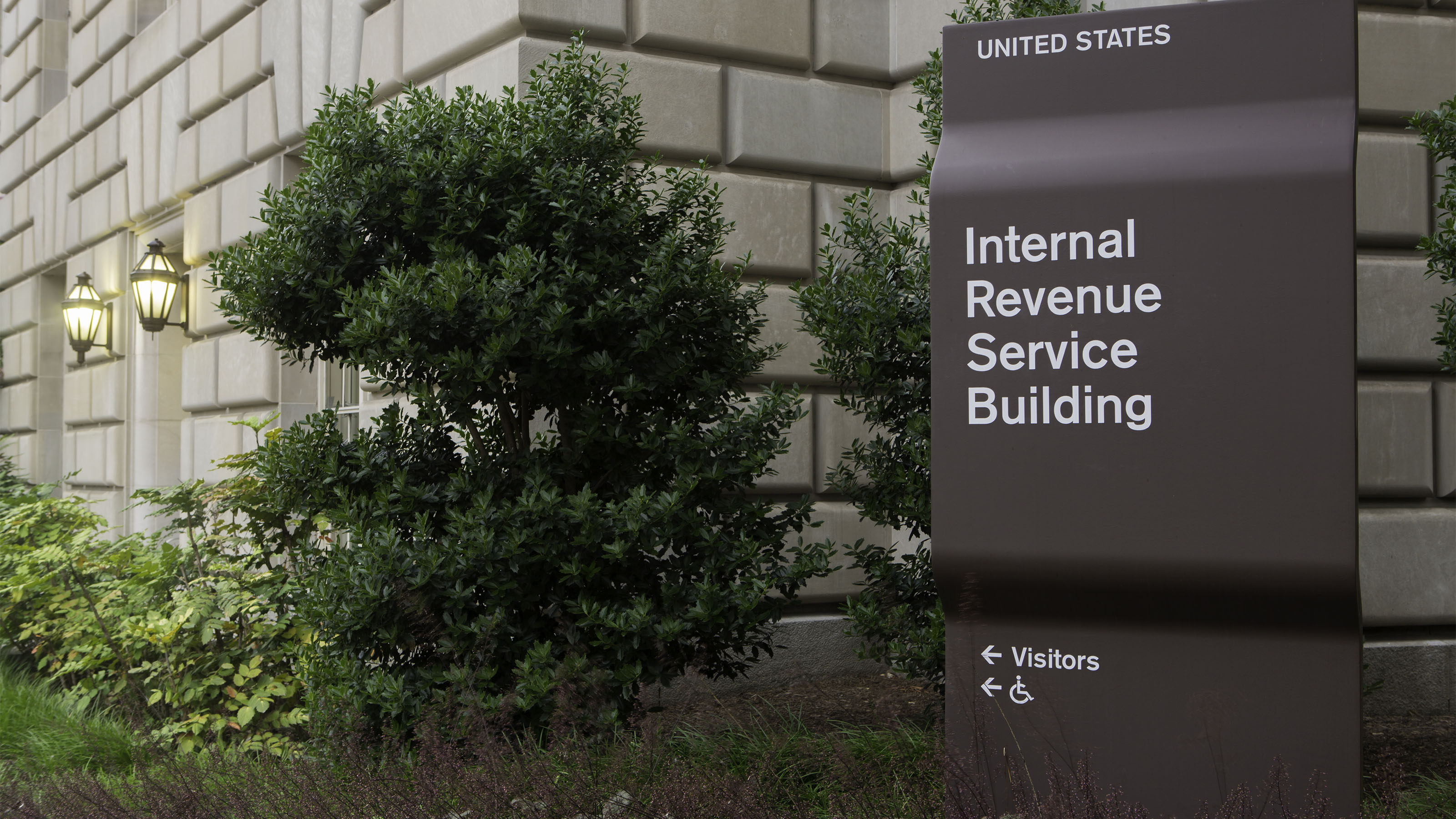
The IRS has made significant progress processing its backlog of most tax returns and has cut telephone hold times, according to the Taxpayer Advocate Service (TAS). But other IRS services are still lacking. A review of the 2023 filing season identified the shortfalls.
“The taxpayer experience vastly improved during the 2023 filing season. Despite these improvements, the IRS is still behind in processing amended tax returns and taxpayer correspondence,” Taxpayer Advocate Erin M. Collins said when submitting the TAS report.
IRS Customer Service Improvements
The IRS achieved an 85% level of service for telephone calls to its toll-free phone lines, according to the report, and Kiplinger previously reported that the IRS cut phone waiting times from 27 minutes to four minutes.
Although the IRS’ budget has since been reduced due to the debt limit deal, the agency hired 5,000 new phone representatives as part of its initial $80 billion funding plan. But despite the additional staff, phone service improvements were achieved by reallocating IRS staff, according to the TAS report. This means the time that would have otherwise been used to process amended tax returns and provide other services to taxpayers was used to answer phones.
The taxpayer advocate finding also mentions the IRS reallocating resources to process returns in a timely manner and issue faster tax refunds. However, this improvement resulted in delays in performing “behind the scenes” tasks that must be completed after taxpayers receive their refunds. Failing to perform these tasks in a timely manner causes delays in taxpayer correspondence due to difficulty retrieving taxpayer records.
IRS Identity Theft Cases
The TAS report points out that paper taxpayer correspondence, including those for identity theft cases, has taken longer this year compared to the 2022 filing season. The average time to close these cases was 436 days as of April 2023. In April 2022, the average time to close these cases was 362 days.
Although the IRS experienced significant delays with certain tasks during the 2023 filing season, the report states that IRS representatives did not answer calls — or perform other duties 34% of the time they were assigned to answer phones. This is because representatives were prevented from attending to other tasks while waiting for phone calls. These times of “idle” activity contributed to delayed assistance for identity theft victims.
Recommended IRS Changes
The TAS report shows that although there were improvements to telephone IRS services, methods used to measure these improvements had limitations. For example, only calls routed to telephone assistants were measured, rather than all incoming calls.
- Callers who were directed to an automated system or who hung up before being directed to a live person were not included in the measurements.
- Calls to the Taxpayer Protection Program line (TTP) were also not included in the measurements of service, and more than half of TTP callers did not succeed in reaching a live representative.
The Taxpayer Advocate report recommends the IRS change its methods to more accurately measure levels of service for future filing years.







